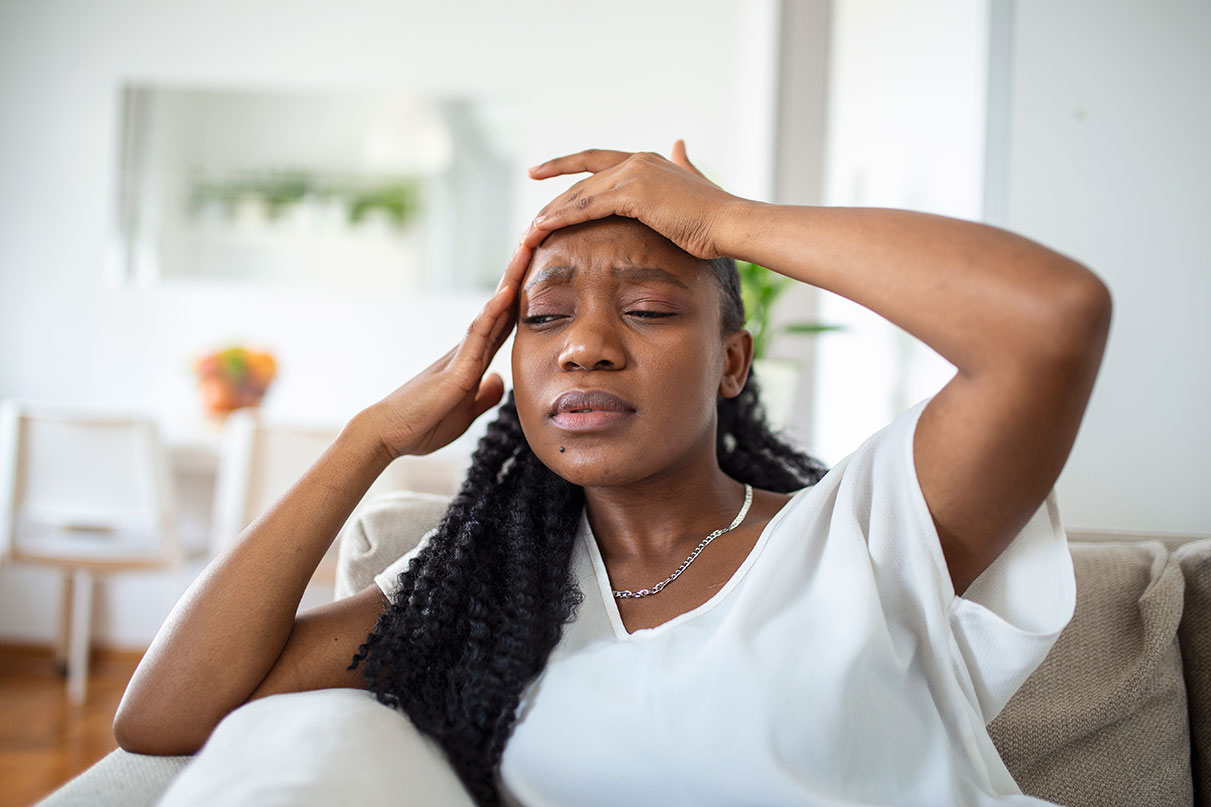The benefits of physical exercise on mental health is significant and wide-ranging. Engaging in regular physical activity has been shown to have numerous positive effects on mental well-being.
Here are some key benefits of physical exercise on mental health:
1. Reduced Symptoms of Depression and Anxiety

Engaging in regular exercise has a direct impact on symptoms of depression and anxiety. Exercise stimulates the release of endorphins, which are neurotransmitters that act as natural painkillers and mood boosters. These endorphins interact with receptors in the brain to reduce feelings of sadness and improve overall mood. By increasing the production of endorphins, exercise can help alleviate symptoms of depression and anxiety, providing a natural and holistic approach to mental health management.
2. Improved Sleep & Mood:

Regular exercise has a positive impact on sleep quality. Physical activity helps regulate sleep patterns by promoting the balance of circadian rhythms, the body’s internal clock. Exercise raises body temperature, and the subsequent drop in temperature post-exercise can aid in promoting sleep onset. Additionally, exercise can reduce symptoms of insomnia and improve sleep duration and efficiency. Better sleep quality has numerous benefits for mental health, including improved mood, increased daytime alertness, and enhanced cognitive function.
3. Enhanced Cognitive Function and Memory:

Regular physical activity has been shown to have positive effects on cognitive function and memory. Exercise increases blood flow to the brain, which in turn improves the delivery of oxygen and nutrients necessary for optimal brain function. It also promotes the growth of new neurons and enhances the connections between them, a process known as neuroplasticity. These changes lead to improved cognitive abilities, including enhanced attention, concentration, and problem-solving skills. Additionally, exercise has been found to enhance memory formation, retention, and recall, which can have significant benefits for academic and professional performance.
4. Stress Reduction and Coping Mechanisms:

Exercise is a powerful stress reliever. Physical activity helps reduce the levels of stress hormones, such as cortisol, in the body. It stimulates the production of endorphins, which act as natural stress reducers and mood enhancers. Engaging in regular exercise provides a healthy outlet for emotions, allowing individuals to channel their stress and frustrations into physical activity. Exercise also helps reduce muscle tension and promotes relaxation. Over time, consistent exercise can enhance an individual’s ability to cope with stress, providing them with a greater sense of control and resilience in the face of challenges.
5. Increased Self-esteem and Body Image

Engaging in physical exercise can have a profound impact on self-esteem and body image. Regular exercise helps individuals achieve and maintain physical fitness, improve body composition, and enhance overall physical appearance. These changes can lead to increased self-confidence and positive self-perception. As individuals set and accomplish fitness goals, they experience a sense of mastery and achievement, further enhancing self-esteem. Exercise also promotes body positivity by emphasizing the importance of strength, functionality, and overall well-being rather than focusing solely on appearance.
Regular physical activity is one of the most important things you can do for your health. Being physically active can improve your brain health, help manage weight, reduce the risk of disease, strengthen bones and muscles, and improve your ability to do everyday activities. – CDC
6. Social Interaction and Support

Participating in group exercise activities or team sports offers opportunities for social interaction and support. Engaging in exercise with others fosters social connections, a sense of belonging, and camaraderie. It can help combat feelings of isolation and loneliness, which are detrimental to mental health. Being part of a fitness community or exercising with friends provides a support system that can offer encouragement, motivation, and accountability. The social aspect of exercise enhances overall emotional well-being, improves social skills, and promotes a sense of inclusion and community.
In conclusion, the impact of physical exercise on mental health is multi-faceted and powerful. Regular exercise has been shown to reduce symptoms of depression and anxiety, improve mood and emotional well-being, enhance cognitive function and memory, reduce stress, boost self-esteem and body image, and foster social connections. Incorporating physical activity into your daily routine can have a transformative effect on your mental well-being, promoting a healthier and happier mind.
Wilmington 1st Walk-In is available to help you meet your weight loss goals or create an exercise plan for you that works.
.
Related Reading
